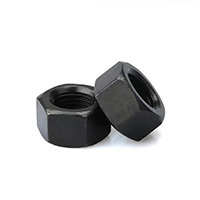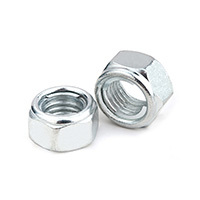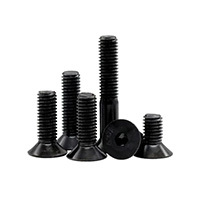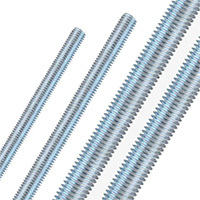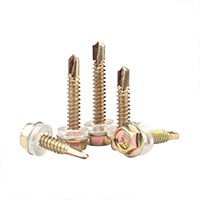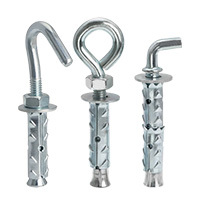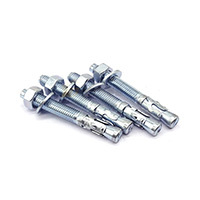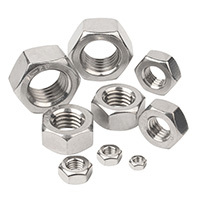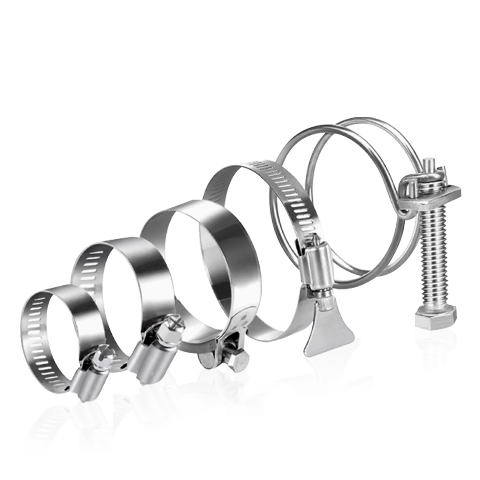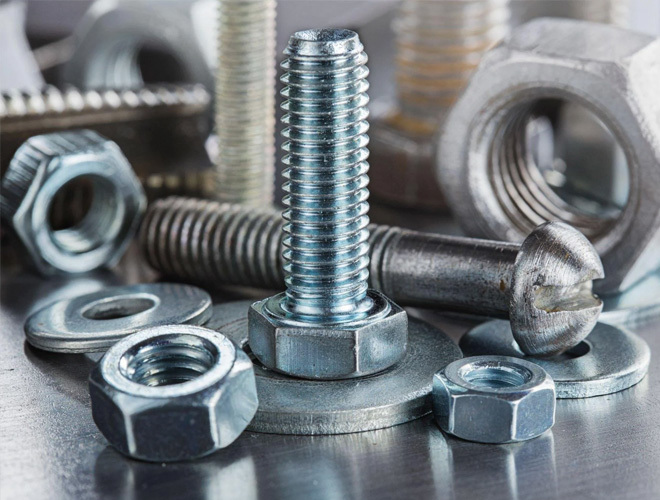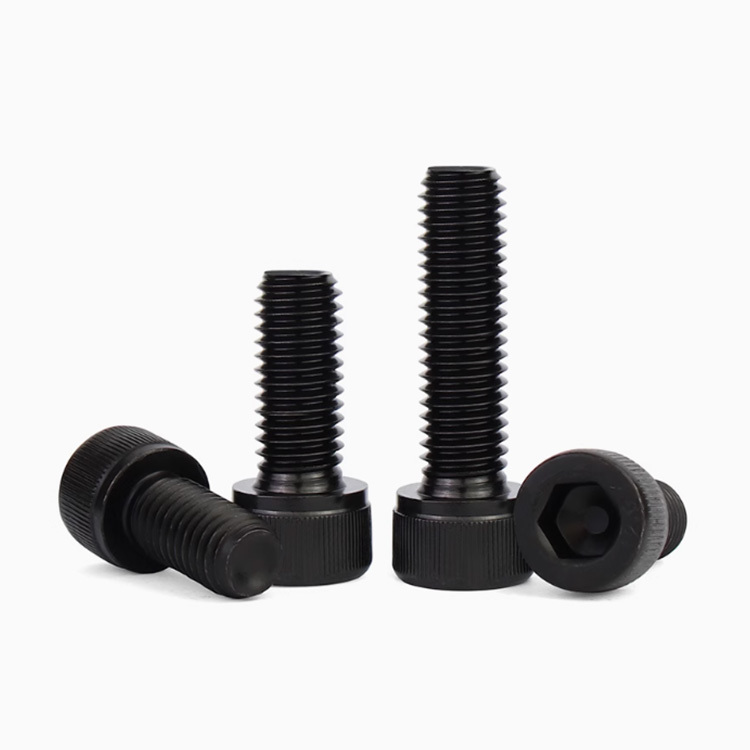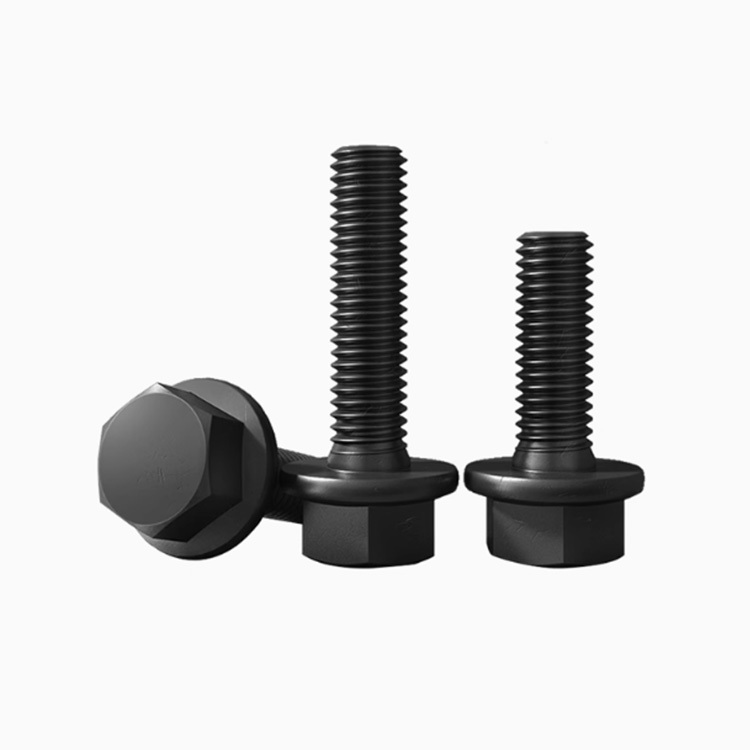Understanding High Temperature Fasteners: Essential Insights for Industrial Applications
Aug 05,2025

High temperature fasteners are specialized components designed to maintain structural integrity and reliability in extreme thermal environments. These fasteners are essential in various industries, including aerospace, power generation, oil and gas, and manufacturing, where they are subjected to elevated temperatures and demanding conditions.
One of the primary characteristics of high temperature fasteners is their material composition. Common materials include stainless steel, titanium, and high-strength alloys engineered to withstand thermal stress. These materials not only exhibit excellent strength and durability but also resist oxidation and corrosion, which are critical in high-temperature applications. Additionally, fasteners may be coated or treated to further enhance their performance in hostile environments.
The temperature thresholds for high temperature fasteners can vary significantly based on their material properties. Generally, fasteners are classified based on their ability to function effectively at temperatures exceeding 300°C (572°F). For applications that reach even higher temperatures, specialized alloys such as Inconel or Hastelloy may be utilized, offering superior performance and longevity.
When selecting high temperature fasteners, professionals must consider several factors. Compatibility with the materials being fastened is crucial, as thermal expansion rates can differ, potentially leading to joint failure. The application environment should also be assessed—exposure to chemicals, moisture, or other corrosive agents can impact the selection of the appropriate fastener.
Installation techniques play a vital role in the performance of high temperature fasteners. Proper torque specifications must be adhered to in order to ensure adequate clamping force, which can prevent loosening due to thermal cycling. Professionals should also be aware of the potential for dissimilar metal reactions, which can occur when different metal types are fastened together, leading to galvanic corrosion.
Overall, understanding the complexities of high temperature fasteners is essential for maintaining the integrity and safety of industrial equipment. By selecting the right materials, considering environmental factors, and adhering to proper installation practices, professionals can ensure that their fastener selections perform reliably under high-temperature conditions.
In conclusion, high temperature fasteners are integral to the functionality of numerous industrial applications. Their ability to withstand extreme thermal environments makes them indispensable for ensuring the safety and performance of critical systems across various sectors. By focusing on the material properties and installation techniques, professionals can enhance the longevity and reliability of their assemblies in high-stress scenarios.
One of the primary characteristics of high temperature fasteners is their material composition. Common materials include stainless steel, titanium, and high-strength alloys engineered to withstand thermal stress. These materials not only exhibit excellent strength and durability but also resist oxidation and corrosion, which are critical in high-temperature applications. Additionally, fasteners may be coated or treated to further enhance their performance in hostile environments.
The temperature thresholds for high temperature fasteners can vary significantly based on their material properties. Generally, fasteners are classified based on their ability to function effectively at temperatures exceeding 300°C (572°F). For applications that reach even higher temperatures, specialized alloys such as Inconel or Hastelloy may be utilized, offering superior performance and longevity.
When selecting high temperature fasteners, professionals must consider several factors. Compatibility with the materials being fastened is crucial, as thermal expansion rates can differ, potentially leading to joint failure. The application environment should also be assessed—exposure to chemicals, moisture, or other corrosive agents can impact the selection of the appropriate fastener.
Installation techniques play a vital role in the performance of high temperature fasteners. Proper torque specifications must be adhered to in order to ensure adequate clamping force, which can prevent loosening due to thermal cycling. Professionals should also be aware of the potential for dissimilar metal reactions, which can occur when different metal types are fastened together, leading to galvanic corrosion.
Overall, understanding the complexities of high temperature fasteners is essential for maintaining the integrity and safety of industrial equipment. By selecting the right materials, considering environmental factors, and adhering to proper installation practices, professionals can ensure that their fastener selections perform reliably under high-temperature conditions.
In conclusion, high temperature fasteners are integral to the functionality of numerous industrial applications. Their ability to withstand extreme thermal environments makes them indispensable for ensuring the safety and performance of critical systems across various sectors. By focusing on the material properties and installation techniques, professionals can enhance the longevity and reliability of their assemblies in high-stress scenarios.
Hot Tags:
Contact
E-mail:
Phone:
Address:
Yongnian Southwest Development Zone, Handan City, Hebei Province
PRODUCT SEARCH
Search And Quickly Find The Products You Need
The company has a modern production workshop and a professional technical team. It has introduced advanced automated production equipment from home and abroad, strictly controls every production link, is customer-centric, and is committed to providing customers with high-quality products and services.
Continue Search OR Customize Products



